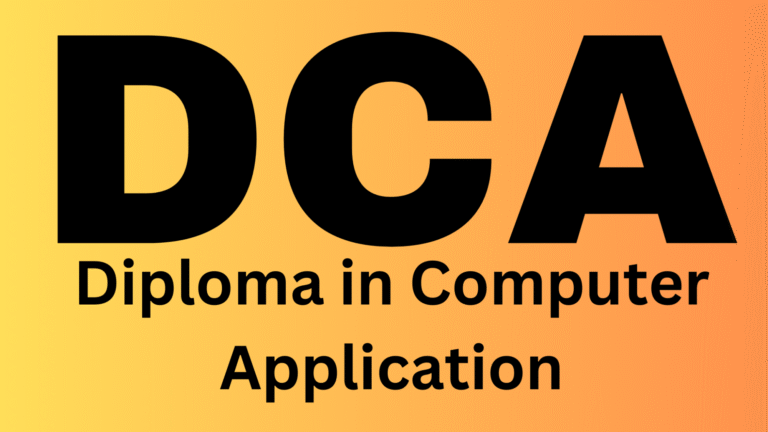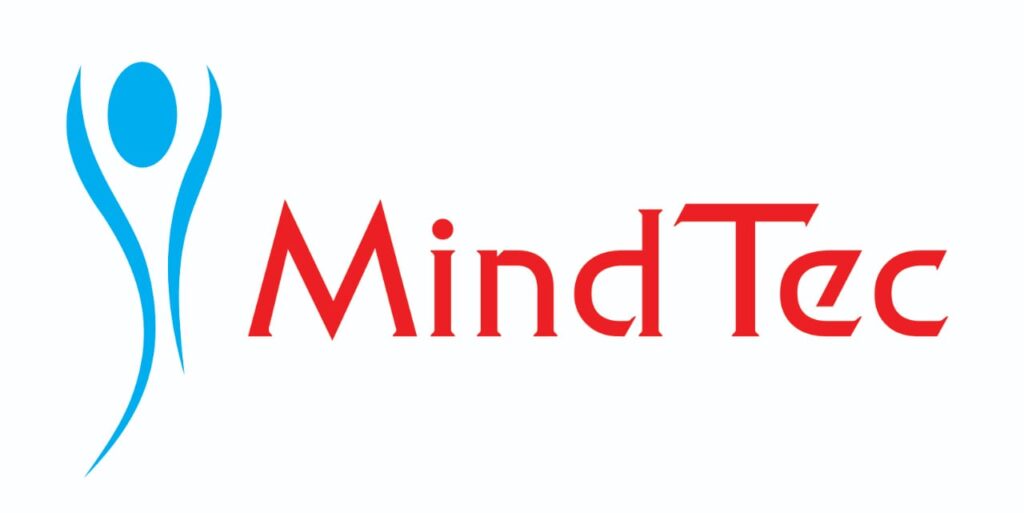
What is DCA (Diploma in Computer Applications)? The Building Blocks.
The Diploma in Computer Applications (DCA) is a short-term, vocational computer course designed to provide participants with fundamental knowledge and practical skills in various computer applications. It’s typically a 6-month to 1-year program, ideal for students who have completed 10th or 12th standard, or anyone looking to acquire essential computer proficiency quickly.
Think of it as learning the “how-to” of everyday computing – the practical skills you’ll use in almost any modern work environment or personal task.
A typical DCA course curriculum is structured to cover a broad range of topics, ensuring a well-rounded understanding of common computer applications:
Computer Fundamentals: Introduction to hardware, software, operating systems (e.g., Windows), and basic computer concepts.
Operating Systems: Navigating, managing files and folders, customizing settings (e.g., Windows 10/11 basics).
Microsoft Office Suite:
MS Word: Document creation, formatting, editing, mail merge.
MS Excel: Spreadsheets, formulas, functions, data analysis basics, charting.
MS PowerPoint: Presentation design, animation, slide transitions.
MS Access (Database Fundamentals): Introduction to databases, creating tables, queries, forms, and reports.
Internet & Email: Web Browse, searching for information, email communication, online safety.
Basic Programming Concepts (Optional/Introductory): Sometimes includes an introduction to C, C++, or Python basics to understand logic.
Financial Accounting Software (Optional): Introduction to Tally ERP 9 or similar accounting software.
Introduction to DTP (Desktop Publishing): Basics of software like PageMaker, CorelDraw, or Photoshop for design (optional in some courses).
The emphasis is always on hands-on practice, ensuring students can apply what they learn immediately.
Key Skills You’ll Gain from a DCA Program
A DCA program equips you with a versatile set of skills that are highly valued in various sectors:
Document Management: Creating, editing, and formatting professional documents, reports, and letters.
Data Handling & Analysis (Basic): Organizing data in spreadsheets, performing calculations, creating basic charts to visualize information.
Presentation Skills: Designing effective visual presentations for meetings, projects, or seminars.
Internet Research & Navigation: Efficiently finding information online, using search engines, and understanding web safety.
Effective Digital Communication: Writing professional emails, using collaboration tools, and understanding netiquette.
File & Folder Management: Organizing digital files efficiently, ensuring easy access and backup.
Basic Troubleshooting: Understanding common computer problems and basic solutions.
Foundational Problem-Solving: Applying logical thinking to complete tasks using software applications.
